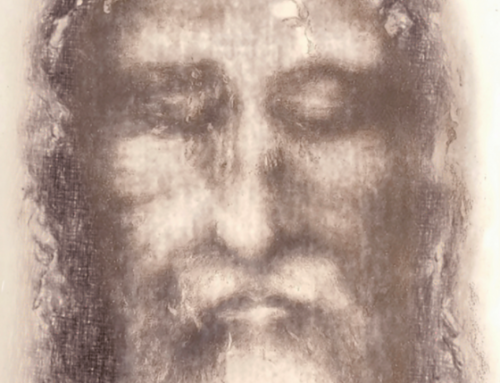For Exander, on his second birthday
 In this egalitarian age
In this egalitarian age
of trans(en)gendered equivalencies
work-product art exists, no more or less,
as a fungible proxy for any
other unit of work-product art;
none are good, so there can be none better;
to be deemed best but sleight-of-hand prestige:
counterfeit currency for consumption.
This present is nothing if not plebian;
the lowest common denominator
decrees that the chief malefaction
against universal drabness is to
deploy a discriminatory sense,
finely tuned like an Aeolian harp
upon which the celestial music of
the spheres may be played with beauteous grace.
And so we come to this truth. Without the
instrument the music remains unheard
and unappreciated: the organ
actualizes the organon, both
arche and a priori conjoined partners
in the cosmic dance. Deprived of moral
judgments as to good and ill, there is no art.
Where there is no art, there is no order.
Therefore I sit, my grandson on my lap,
to teach the truth of goodness and beauty.
I sing to him of arms and the man, the
vir and virtus entwined conceptually
in the double helix of man’s design.
I reveal to him faithful Achates
and wily Odysseus; the pride of
Achilles and the folly of Paris;
of coming home with your shield or on it,
and the sacrifice of the three hundred.
On this foundation I will build his faith;
the Trojan sword brought to Rome, becomes
sigil to the new creed. Excalibur,
knight errantry and pious pilgrimage,
the Holy Grail quest, the brave Crusaders,
Lepanto and the Gates of Vienna—
these are the themes of my paean. The words
of matchless old masters become maxims
of regeneration: silver-bright swords
to gleam in the hands of warriors
as a light in coming depredation.
It has been written that young Englishmen
went to their Great War reading their pocket
editions of Homer. You too will go to war.
For now, we two are quite content to be
in each other’s, ancestral, company.
The Imaginative Conservative applies the principle of appreciation to the discussion of culture and politics—we approach dialogue with magnanimity rather than with mere civility. Will you help us remain a refreshing oasis in the increasingly contentious arena of modern discourse? Please consider donating now.
The featured image is “Calliope Mourning Homer” (1812) presumably by Jacques-Louis David (1748–1825), and is in the public domain, courtesy of Wikimedia Commons.







Wow!
I will take it that the “Wow” means you approve of my effort.
Indeed. I do.
[The “Undiscovered Country” they say, is “the future” (but it reads better in the original Klingon.) But we won’t know it when we get there, if we do not attend to the “Re-discovered Country”, our past, our heritage. Instead, being obedient to Rule 42, we will not speak to the man at the helm, nor may he speak to anyone. Not understanding what means “Hic sunt dracones,” we will be unaware we go well with catsup when toasted.
Therefore, sing, o muse, of rage against the closing of the day. ]
Yes.
Anything following that title can only be an anti-climax.
As is the fall of western civilization; the world ends “not with a bang, but a whimper.”